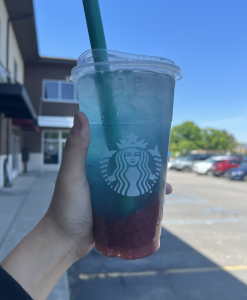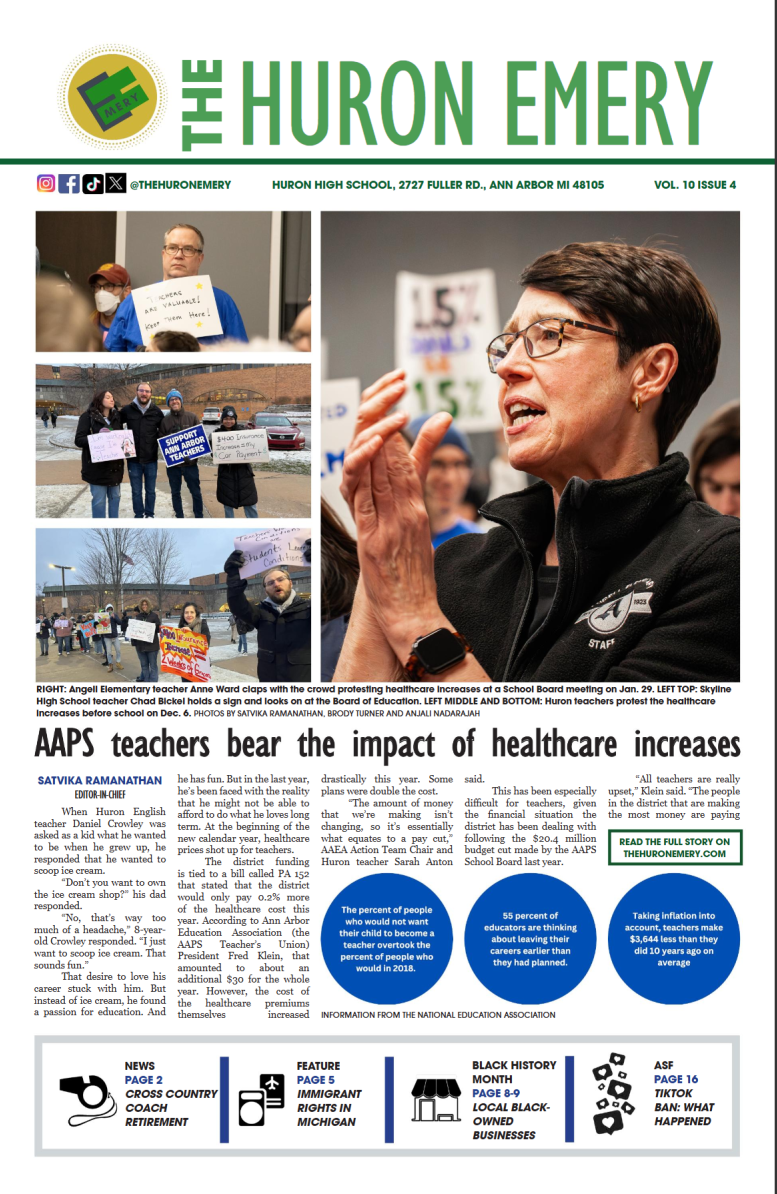Mental health challenges and solutions during the pandemic
Students who need help can reach out to their school counselor or social worker, and also access the Peer 2 Peer Lab every Tuesday and Thursday.
April 13, 2021
Declining mental health is one of the fast growing challenges of the COVID-19 pandemic. People are suffering and are in great need of self-care strategies.
Mental health specialists agree there has been a significant increase in depression, anxiety and feelings of isolation over the timeline of the pandemic.
“We are seeing higher levels of anxiety, some related to the pandemic itself, and others related to the increased stressors indirectly impacted by the pandemic like finances, employment, family arguments and online school,” licensed master social worker, at Inspire Behavioral Health, Kara Bunton said.
Online school is isolating students from each other and their teachers. This can be lonely and depressing for both students and teachers. The new way of school provokes anxiety in many people from having to make new decisions such as whether or not to turn their camera on in class, when to unmute and simply learning how to use technology.
“I am also seeing an increase of underlying issues such as abandonment, intense boredom and people struggling to adjust to the new normal way of life,” licensed professional counselor Cassandra James said.
Loved ones are passing away due to the virus and traditional outlets for grief are being challenged because funerals and family gatherings are not as accessible. People are having a hard time maintaining relationships and staying connected due to the communication barriers created by the COVID-19 restrictions.
“Online learning is a challenge to everyone’s mental health,” Huron counselor and Peer 2 Peer advisor Caitlin Van Cleve said. “However, there are ways to cope with the isolation and anxiety caused by virtual learning and the pandemic.”
James and Bunton, as local therapists, provide suggestions on improving mental health and well-being. James stresses the importance of utilizing relationships to feel better and to ask for help. She specifically suggests reaching out to friends, teachers, family or a therapist. She also encourages that one should tap into their spiritual practices or beliefs.
“In doing all of this they are able to get the HELP [Healthy, Emotional, Lifestyle, Plan] that they need in order to move forward and not stay stuck,” James said.
Bunton’s suggestions include being active, getting outdoors, having a dance party, FaceTiming a friend and making time for screen breaks. Focusing on what makes you grateful can also make you feel better.
“Practice kindness and look out for one another,” Bunton said. “Check on your peers to make sure they are doing okay and talk to them about how you are doing, it really helps to know you are not alone! Most importantly, do not hesitate to ask for help — from a friend, a family member, teacher or therapist.”
Van Cleve echoes a similar message, stressing the importance of asking for help and offers direct resources for Huron High School students.
“I think students can come through this difficult time more resilient — both academically and emotionally than they were before,” Van Cleve said.
Students can contact their counselor or a school social worker: Mrs. Tooson or Mr. Samaha. Students have access to a virtual peer lab every Tuesday and Thursday during after school tutoring. Two peers trained in active listening are there to support other students and are available in breakout rooms, so it’s private and confidential. Look at the Huron High School counseling website for contact information https://www.a2schools.org/Page/2300. The after school tutoring and peer lab zoom link is https://a2schools.zoom.us/j/97924171477.













